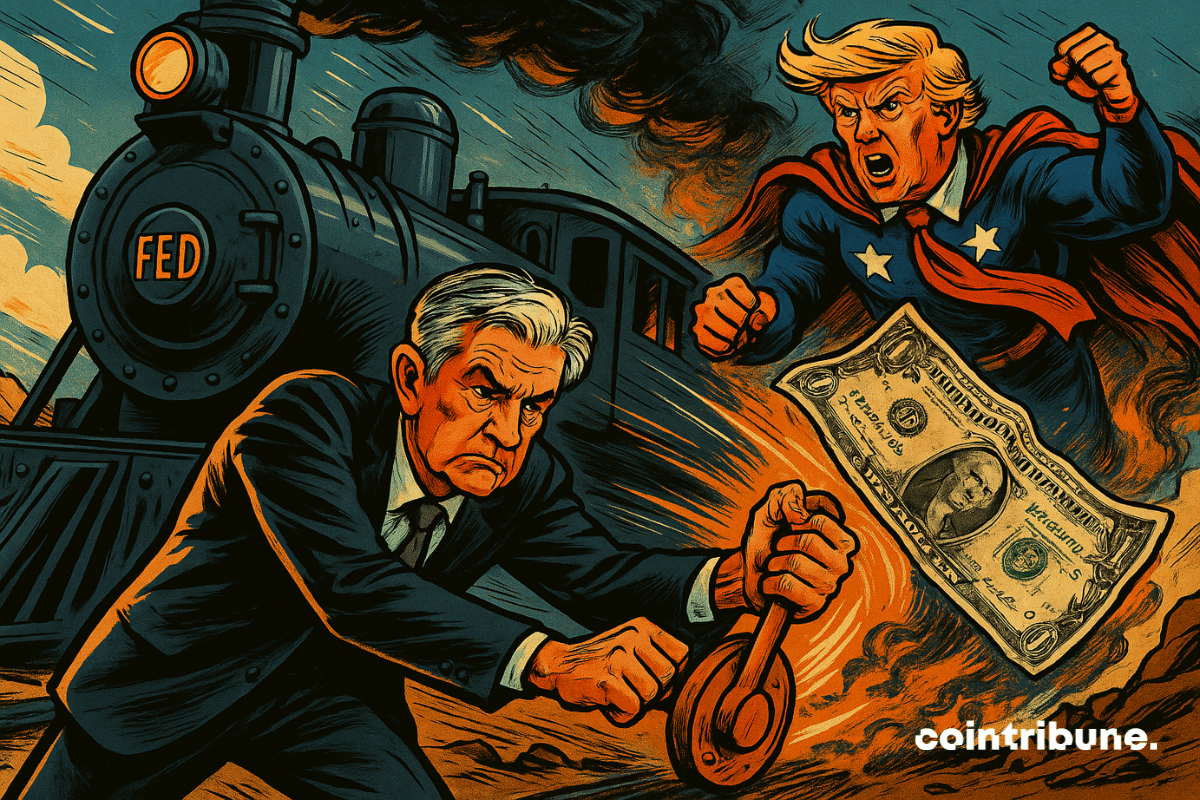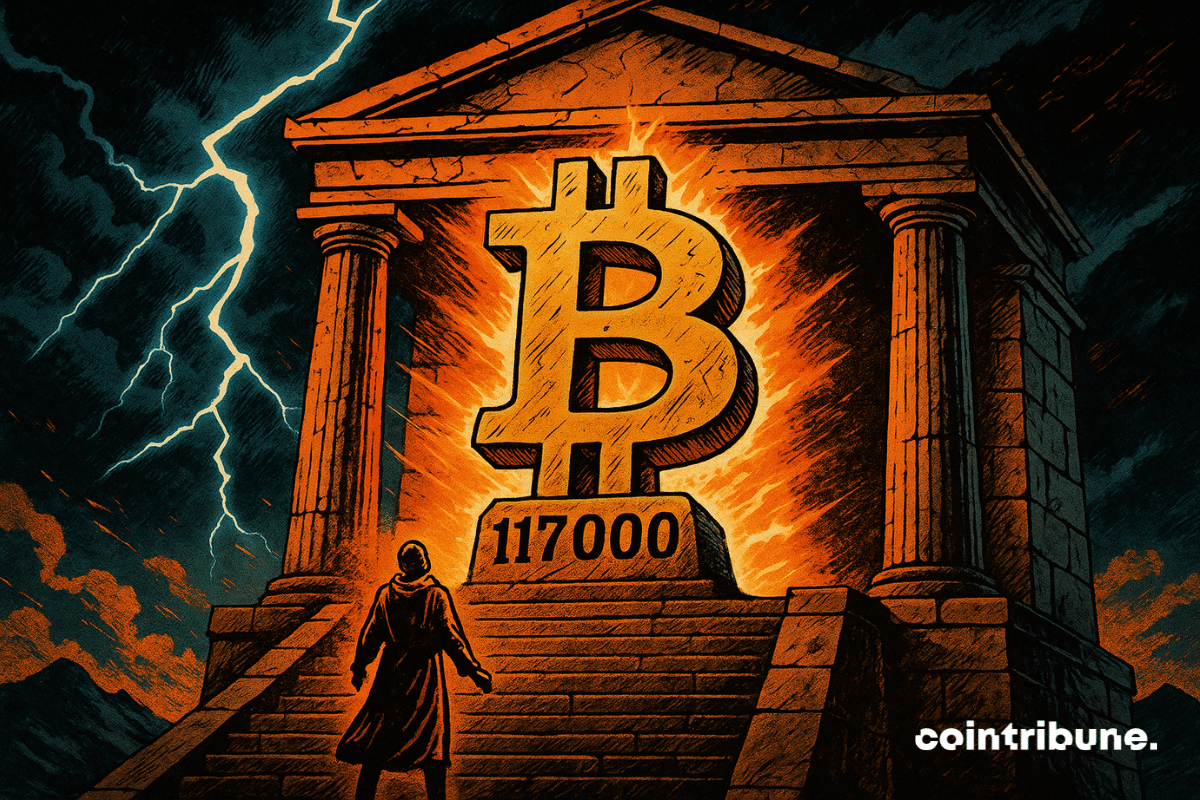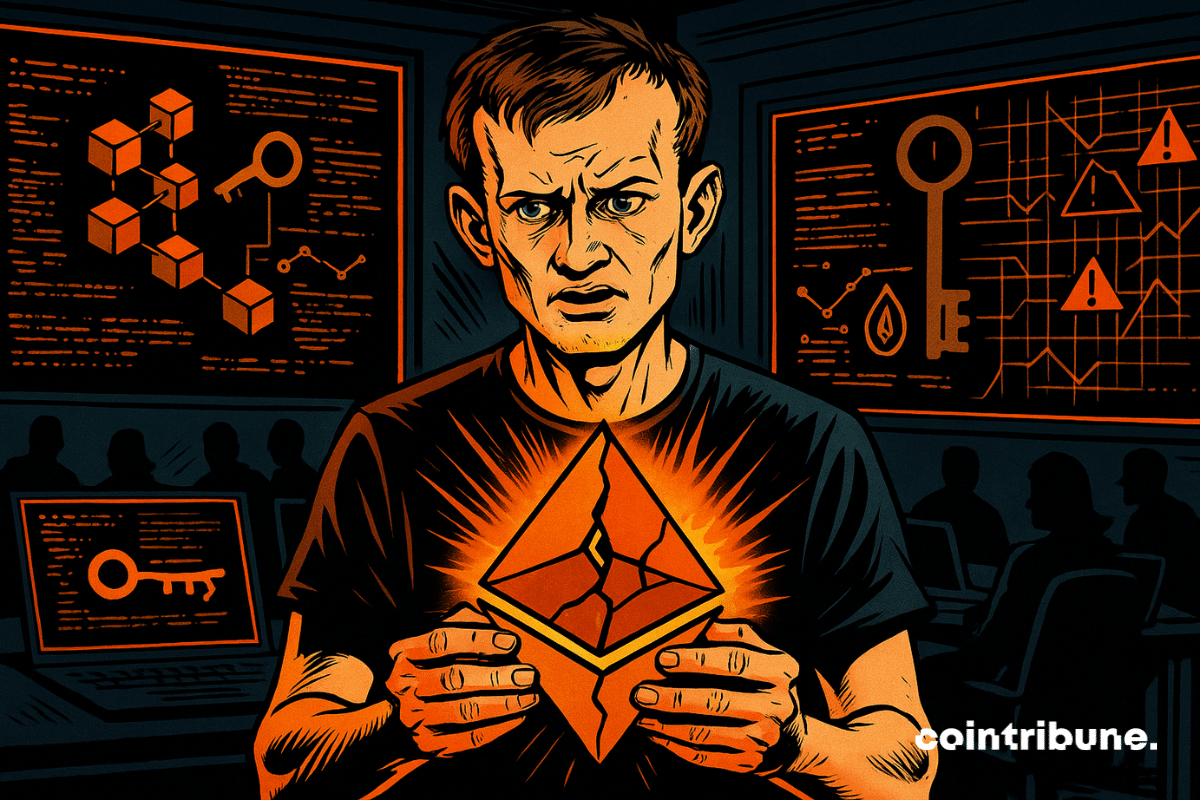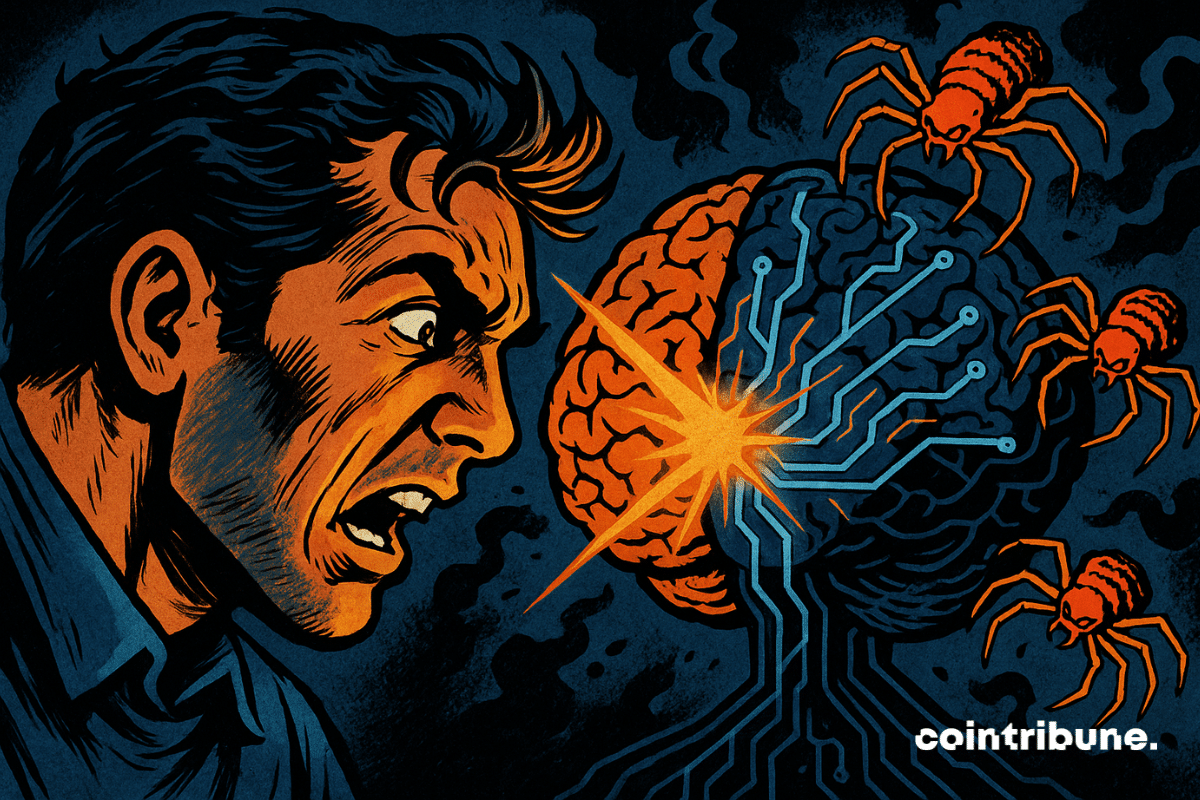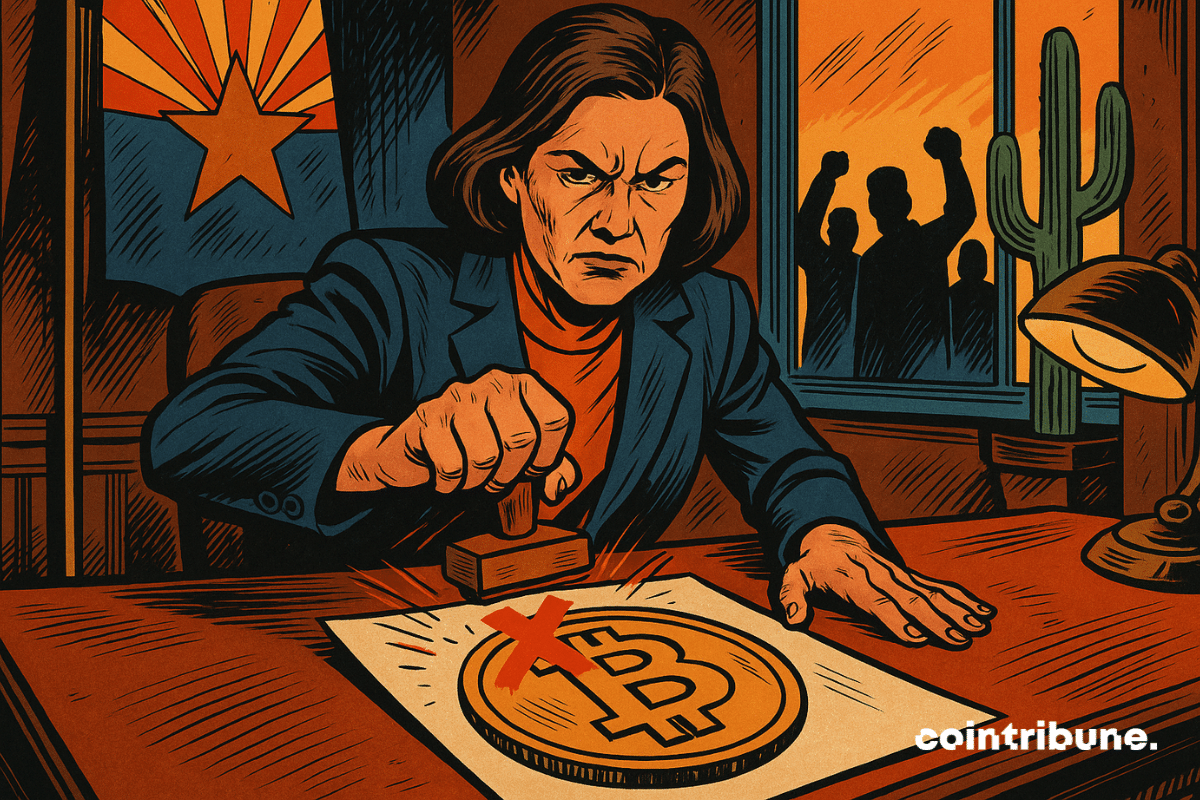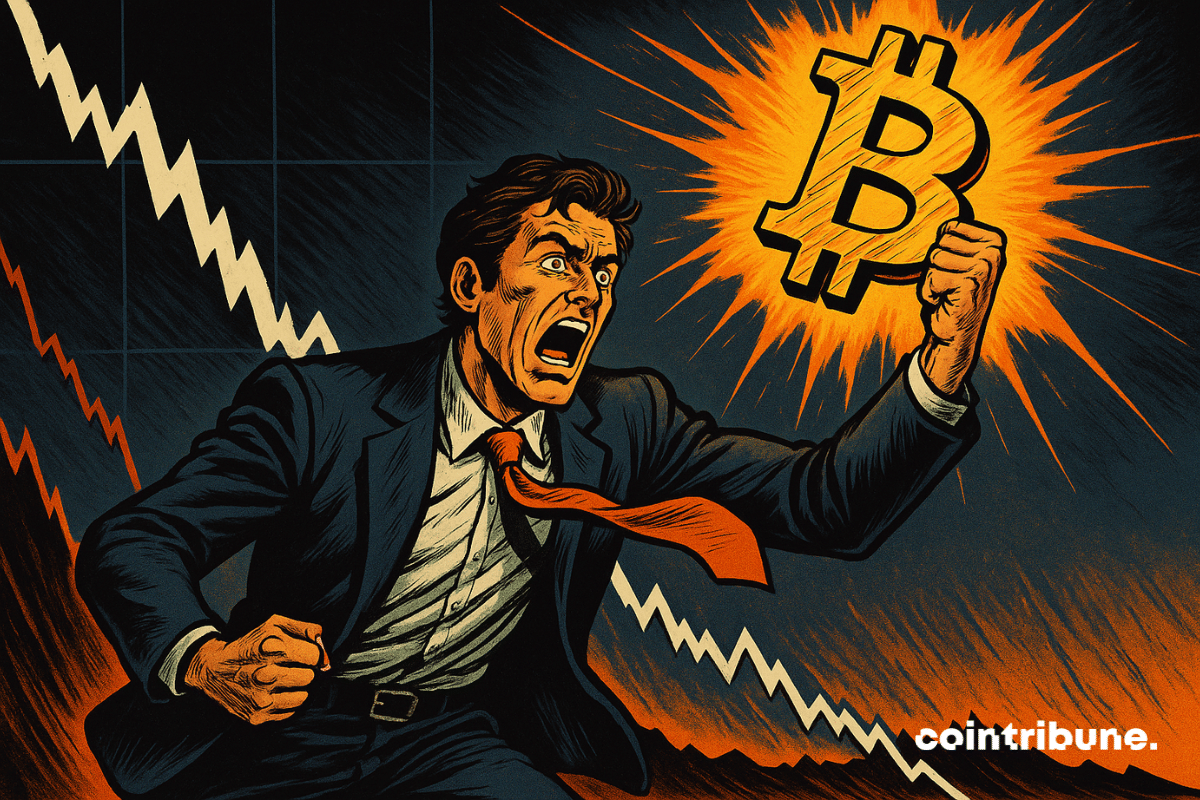Market activity remains muted as Bitcoin consolidates and altcoins await possible spot ETF approvals, driven by strong institutional interest.
Getting informed
The crypto industry is in shock. Grayscale has just requested the SEC to suspend trading on its multi-asset ETF containing Solana and XRP, just days after its approval. What is behind this sudden turnaround?
Bitcoin is walking the tightrope above $110,000, triggering technical migraines and contradictory bets among traders: imminent fireworks or a damp squib?
On the eve of July 4th, the U.S. Congress passed one of the most radical budget texts of the modern era. Championed by Donald Trump, this law reshapes America's economic priorities with massive tax cuts, social spending reductions, and a sharply rising debt. The vote, secured despite Republican fractures, marks a strategic turning point in the post-Biden era. More than just a budget, it is a political declaration that reshuffles the cards of power and reignites ideological tensions in Washington.
While bitcoin flirts with yearly highs, some cryptos are experiencing a clear downturn. Pi Network, once praised for its participatory and mobile-first model, sees its valuation wobble under the effect of degraded technical indicators and a marked climate of distrust. The project, long supported by its community, now faces a…
In a European ecosystem still clouded by regulatory uncertainty, very few exchanges hold a full investment license. Kraken has taken a major strategic step: obtaining the MiFID II license now grants European investors unprecedented access to crypto derivative products within a regulated framework. A significant milestone,…
As the global geopolitical balance weakens, Rio will host a tense BRICS summit on July 6 and 7, 2025. Designed as a counterweight to the G7, the bloc struggles to embody the unity of the global South. Internal disagreements, Xi Jinping's absence, and Donald Trump's offensive comeback: the 17th edition illustrates less of a rise in power than a questioning of the strategic coherence among its members. In an era of multipolar ambitions, the BRICS are facing a crisis of legitimacy as much as a test of international credibility.
The public affairs manager at Bitpanda warns about the persistent disparities in the application of the MiCA regulation across Europe. Despite its promises of harmonization, the European Union struggles to establish a true single market for cryptocurrencies. MiCA is on the way, indeed, but each member state interprets and applies the law in its own way.
Bitcoin approaches its all-time high, backed by growing investor confidence, strong long-term holding, and rising institutional interest.
While the stock market progresses timidly, it is the dollar that falters, weakened by the dual pressure of the new trade taxes imposed by Donald Trump and the ongoing hesitation of the Federal Reserve. In this tense atmosphere, investors oscillate between the quest for yield and the caution dictated by the surrounding instability. The apparent calm conceals a palpable nervousness: that of a market that knows that everything can tip at the slightest jolt.
Ethereum is stumbling, ETFs are exploding, big holders are accumulating, and retail is asleep. What if Ethereum's crypto is quietly preparing for a major upheaval? Here's a behind-the-scenes look.
Figma revealed a $69.5M Bitcoin ETF investment in its IPO filing, joining major companies embracing Bitcoin as a corporate asset.
Bitcoin surpasses $109,000. A new peak in sight or just a rebound? Comprehensive analysis of the signals that matter.
The REX-Osprey Solana + Staking ETF launches in the U.S., offering a new way for investors to gain Solana exposure while earning rewards through staking.
Trump enriched by tokens, his sons in mining, blocked laws: when crypto becomes the secret weapon of a president who loves neither banks nor brakes.
While the focus remains on central banks and the fluctuations of the stock markets, Bitcoin is moving against the tide, driven by clear technical signals and consistent on-chain indicators. The $117,000 threshold is now emerging as a credible target, supported by the analysis of short-term investor behavior. This silent yet tense trajectory could well mark the beginning of a new bullish momentum for the leading asset in the crypto market.
When the guru of Ethereum worries about his own creature, there is something fishy under Web3. Vitalik pulls out the tests… and his anti-glitter blockchain scalpel.
As institutional flows reshape its trajectory, Standard Chartered maintains a target of $200,000 for Bitcoin by the end of this year. This forecast is based on a major shift: ETFs and listed companies now dictate the trend. Speculation is giving way to a logic of strategic allocation. Thus, the market is changing hands, tempo, and profile.
Web3 is facing a perfect storm of increasing threats. Phishing attacks have siphoned off more than $341 million in just 300 days, and the imminent arrival of the quantum computing era threatens to render current cryptographic protections obsolete. It is in this context that Naoris Protocol is positioned, developing the first decentralized post-quantum cybersecurity infrastructure designed for blockchain ecosystems.
While we debate decentralization, PancakeSwap is feasting: $530 billion traded and a barely concealed dominance over DeFi... centralized? Who said "free finance"?
The Democratic governor of Arizona, Katie Hobbs, has once again vetoed a pro-Bitcoin bill. The state could have created a public reserve from seized cryptocurrencies, as Texas and New Hampshire are already doing.
While the old hands cash in their winnings, Bitcoin is performing acrobatics: it wobbles, balances, and might even leap. The suspense continues, hats off to the moles.
In a market searching for benchmarks, even the slightest regulatory rumor can tip the scales. XRP is a perfect illustration of this: trapped between $2 and $2.35, the asset is drawing increasing attention amidst speculation surrounding an ETF. Far from the usual tumult surrounding bitcoin, this tension places Ripple's crypto at the convergence of a double issue: technical unlocking and institutional recognition.
While markets were expecting a clear monetary shift in 2025, Jerome Powell, the chairman of the Federal Reserve, dampened hopes by pointing to an unexpected culprit: Trump. Yes, Donald Trump, back in the White House since January, is leaving his mark on the American economy, to the point of forcing the Fed to play for time. In a context where every word matters, Powell dropped a diplomatic bombshell, accusing Trump's policies of blocking interest rate cuts.
Bitcoin shows $1.2 trillion in unrealized profits. Why is no one selling despite +125% gains? Analysis of the signals to know.
The European Central Bank is embarking on a major technological shift. The Governing Council has just approved two major projects aimed at integrating blockchain technology into the euro transaction settlement system. This is a strategic advancement that marks a turning point in the modernization of the financial infrastructures of the European Union.
Less than 15% of bitcoins are still accessible on exchanges. Behind this figure lies a silent dynamic: the scarcity of liquid supply. As institutions appropriate the asset, analysts see it as a signal of an increasing imbalance between available stock and strategic demand. A shift is looming in the mechanics of the market.
The crypto ecosystem takes a symbolic leap with the accelerated validation by the SEC of the conversion of the Grayscale Digital Large Cap Fund (GDLC) into an ETF. This green light is not limited to Grayscale. It marks the entry of altcoins into the regulators' field of action. In a context where the political climate is softening towards cryptos, this decision could pave the way for a new generation of ETFs focused on assets like XRP, Solana, or Cardano.
Trump exults, Warren rises up, Lummis screams into the wilderness... The Senate votes, cuts through, carefully avoids crypto, and signs a XXL law, as silent as it is deafening for digital miners.
The world of crypto is often built on the fringes of institutions. However, some companies choose to swim against the tide by seeking to fully integrate into them. This is the case with Circle, the issuer of USDC, which is no longer content to be just a tech player. The American company has officially applied to become a national trust bank in the United States. This is both a bold move and indicative of a broader shift in the crypto ecosystem: integration into the federal banking system to better ensure trust.









